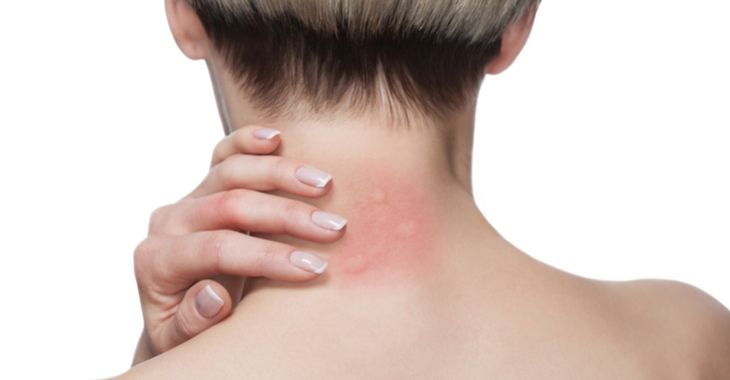When Should You See a Dermatologist for a Rash?

When red, itchy bumps appear on your skin, it can be alarming, especially if you are not sure why. Rashes can be difficult to determine the cause as they can form for many reasons. While most rashes dissipate on their own or with a little help from over-the-counter medications, some could need medical care. Here are some tips to determine whether you should see a dermatologist for your rash.
Do You Know the Trigger?
What is causing the rash can determine whether you need to see a doctor. Unfortunately, a rash can occur immediately after exposure to a substance you are allergic to, or if may appear a day or two later as a symptom of a health condition. You should be concerned if you develop a severe rash after eating or an insect bite…it could be an allergic reaction and you may want to see a doctor.
Are There Other Symptoms?
If you have a rash and there are other symptoms accompanying the rash, you may want to see a dermatologist or possibly go to the emergency room. Some other symptoms that can indicate a serious reaction include:
- Headache
- Tongue swelling
- Difficulty breathing
- Joint pain
- Body aches or skin tenderness
It is important to be aware of other reactions in your body. A rash can be just one symptom of a bigger issue that needs medical attention.
Is the Rash Getting Worse?
If the rash is not accompanied by other symptoms, yet does not seem to be getting better, make an appointment with a dermatologist. If is not responding to OTC medications, spreading or hasn’t begun to fade in two days, it is time to see a skin specialist to get a medical diagnosis.
Posted on behalf of:
Medical Dermatology Specialists
5730 Glenridge Drive, Suite T-100
Atlanta GA 30328
(404) 939-9220
The information provided on this website, including text, graphics, images, and other materials, is intended solely for informational purposes and should not be used as a substitute for professional medical advice, diagnosis, or treatment.
)